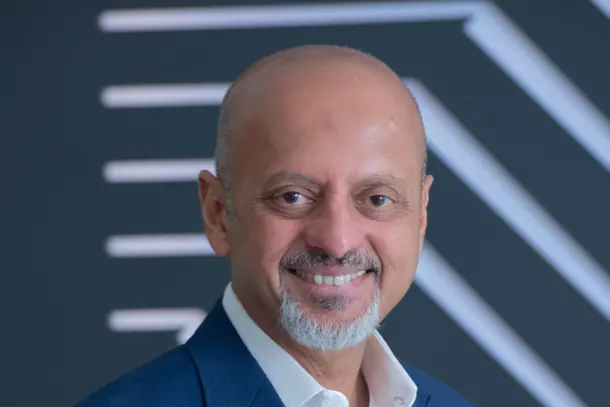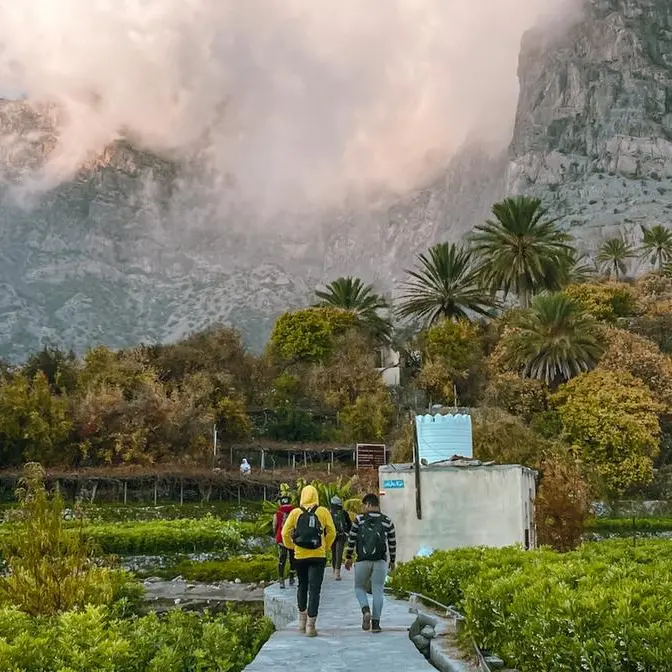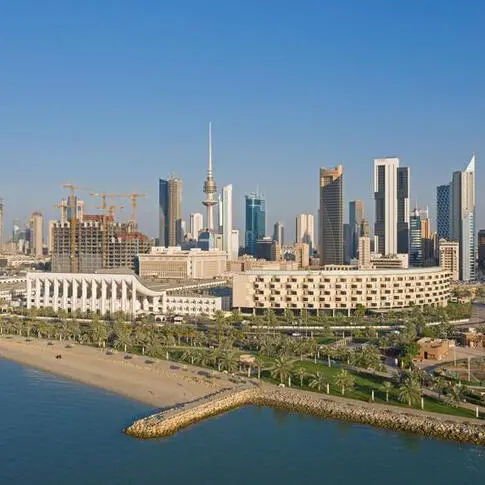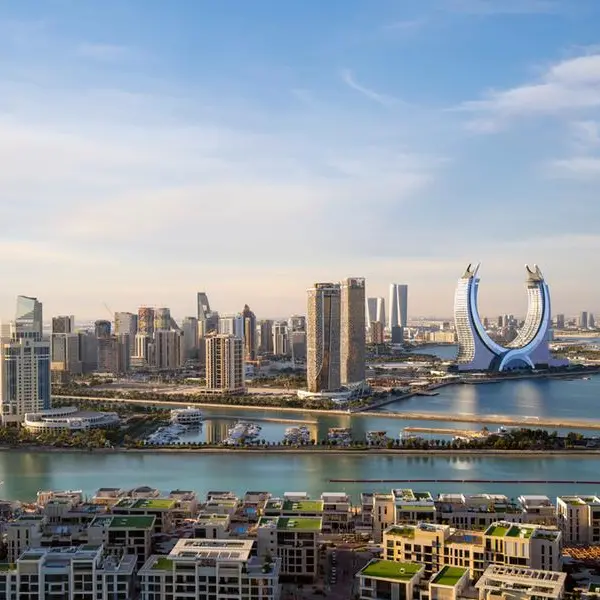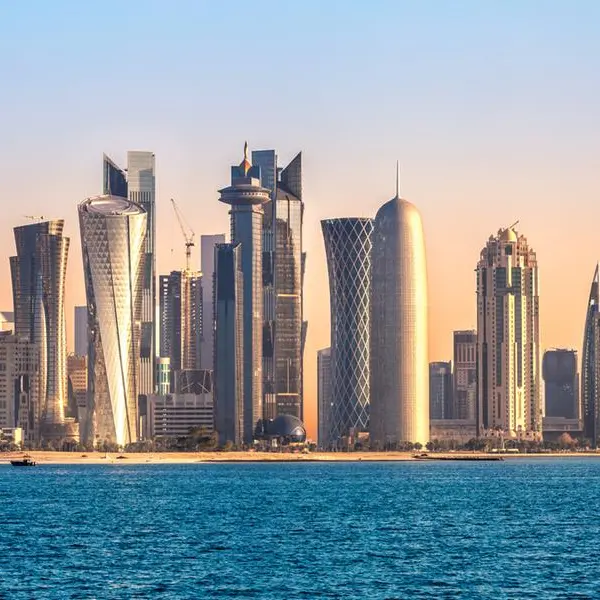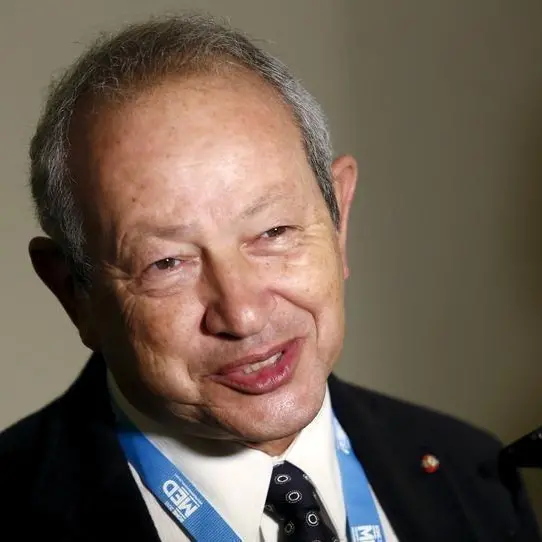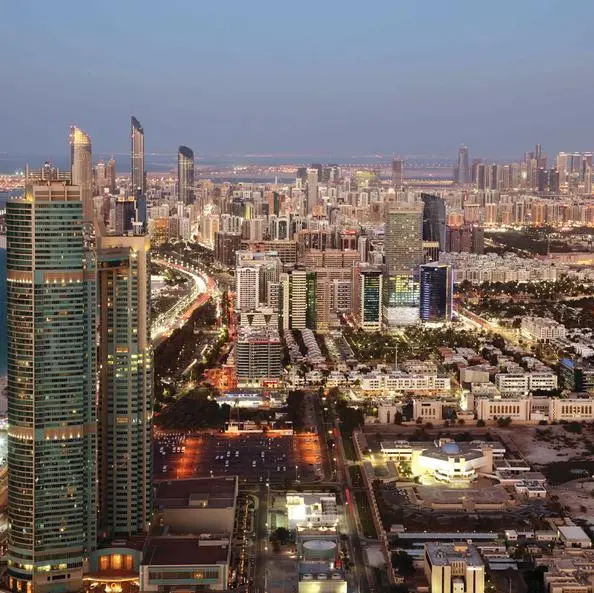PHOTO
This year will see the "activation" of the King Abdullah Financial District (KAFD), according to the CEO of the firm developing the project, and will involve building more infrastructure, including car parking spaces, more office spaces, retail and the district’s “green lung”.
Gautam Sashittal, CEO of KAFD Development and Management Company (KAFD DMC), said 95 buildings have been delivered in the district so far, amounting to 50% of the district area already being built on, an area of 1.6 million square metres.
“Our challenge today is to keep the city active as we build for the future. So we already have 10 new projects that are either in design or under construction,” he said.
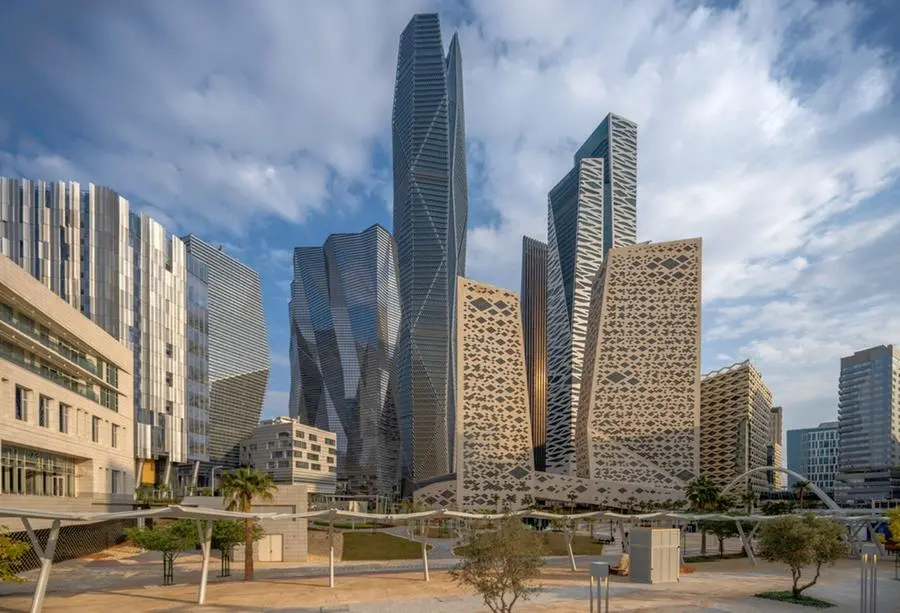

“A lot of these projects are about building required infrastructure, like car parking and creating new interventions that are required in any neighbourhood. We are building the green lung of the district, a very large park on top of the basement parking,” he said.
“We are building more retail, more office space of the type that is flexible and suitable to SMEs, because that is the ecosystem that we are activating. 2024 is about activating the city and building for the future.”
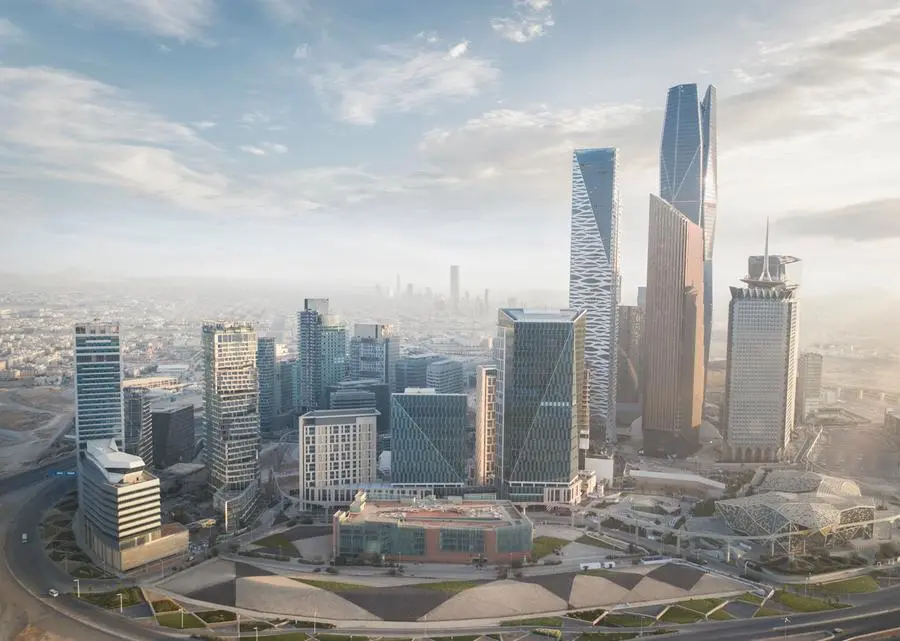

The company has completed 250 furnished apartments and 700 more are in the final stages, to be delivered within six to nine months, he said.
“All of our apartments come furnished; you can walk in with your suitcases, and you don’t need to bring your furniture and so on,” Sashittal said. “As we have Grade A office space, we are building apartments that reflect the [same] sort of quality and the vision for the district, which is to create a prime destination for business and lifestyle,” he said.


The Public Investment Fund, the Saudi National Bank, and the Capital Markets Authority all have a presence there, with the Saudi Stock Exchange (Tadawul) in its own building, Sashittal said.
Other companies including Pfizer, ExxonMobil, Accenture, EY and Deloitte are present as well, with Rothschild & Co. announcing a new office there last month, all of which makes the district the largest concentration of businesses in the city, he said.
Asked whether there has been a rush of new businesses in response to Saudi Arabia’s regional headquarters (RHQ) programme, under which businesses bidding for government contracts of more than SAR 1 million must have a regional headquarters in the region, he said, “Business goes where the opportunity is. Let’s look at the macro factors. Saudi Arabia is a $1 trillion economy, the fastest-growing economy in the G20. It’s got the largest economy in MENA. and there is a huge amount of economic, social and cultural transformation, and now that’s what brings businesses in the kingdom to Riyadh and into KAFD.”
When the Riyadh Metro, which is scheduled to open this year, arrives in the district, Sashittal envisions visitors commuting from the airport on the metro to the business district, where they can work, dine and get accommodation. “We need to create enough lifestyle options there,” he said.
But will the work-from-home trend that unfolded during the pandemic impact the development of KAFD? “Work from home is persisting in the West, which means that towers in New York in London are partially empty and being redeveloped,” he said, “We’re not seeing that.”
“Ultimately, human beings are social animals. Zoom doesn’t do everything; you might [use] it once a week or every two weeks, but you really need to be sitting beside people you’re working with. A majority of jobs require that. We are seeing our district filling up and strong demand for office space from people coming to Riyadh and the kingdom.”
KAFD DMC has not yet gone as far as to work with futurists to foresee how it may develop in the future, he said, but the future is inherent in the design, from the architectural stages to delivery.
“You have got to make cities and urban centres humancentric. You have got to look at mobility and flexibility, and you have to future-proof your structures.”
(Reporting by Imogen Lillywhite; editing by Seban Scaria)
